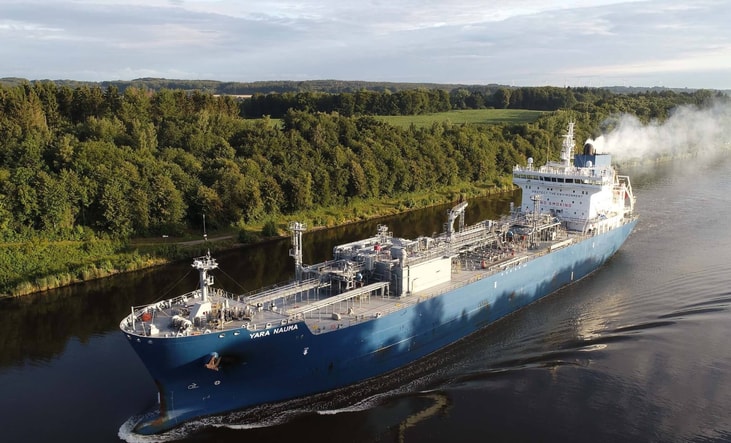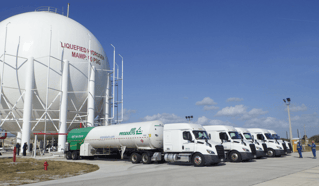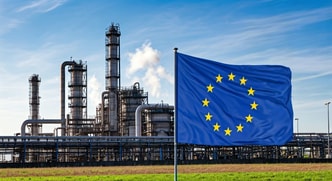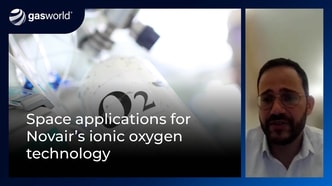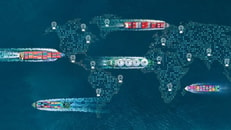Gas analysis will be a growing need in maritime fuels
As part of the 2023 International Maritime Organisation’s Strategy on Reduction of GHG Emissions from Ships, the IMO has recently announced changes that will transform maritime fuels.
By 2030 the carbon intensity of international shipping is targeted to decline by at least 40% compared with 2008 levels. Renewable LNG, ammonia, and methanol are in the front line as emerging maritime fuels.
The intent is not to eliminate carbon from maritime fuels, nor to prohibit the use of hydrocarbons. But the carbon intensity must be considered in the lifecycle analysis of the fuel. For example, burning biodiesel emits carbon dioxide but does not emit fossil CO2 to the atmosphere. Instead, it puts CO2 back into the atmosphere which a plant has previously removed.
As use of these emerging maritime fuels ramps up, industrial gases companies will be called on to support the LNG, CO2 and ammonia supply chains. Specialty gases will be required for engine management sensors to ensure clean combustion. And they will be needed to support the metrological requirements of maritime emissions monitoring.
... to continue reading you must be subscribed

